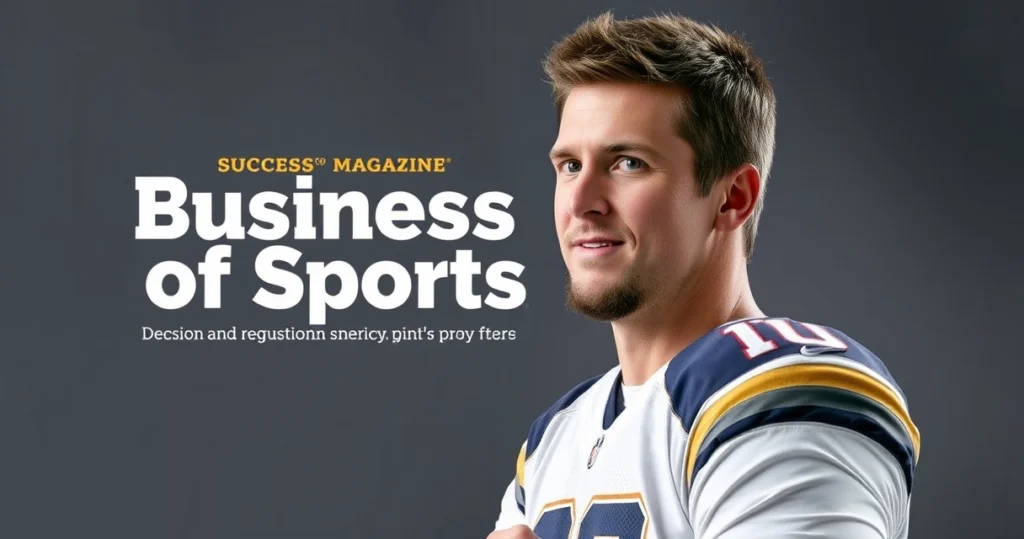Katie Boulter Reveals Shocking Online Abuse: ‘Hope You Get Cancer’
British tennis star Katie Boulter has recently come forward with a harrowing account of the online abuse she frequently encounters as a professional athlete. In an exclusive interview with BBC Sport, Boulter shared the extent of social media threats, detailing experiences that range from aggressive insults to outright death threats. The psychological toll of such abuse is significant, not only affecting her performance on the court but also raising concerns about mental health among athletes in the digital age.

As a rising star in the world of tennis, Boulter’s experience sheds light on a growing issue that many athletes face: the harsh reality of online interactions. The anonymity of the internet has given rise to a culture where individuals feel emboldened to make threats and share explicit content without accountability. This article will explore the implications of such online abuse, its effects on mental health, and the broader conversation around social media conduct in sports.
The Dark Side of Social Media for Athletes
Social media has transformed how athletes engage with fans and promote their careers. Platforms like Twitter, Instagram, and Facebook provide instantaneous communication, allowing stars to share their journeys, victories, and personal moments. However, the accessibility of these platforms also opens the door to toxic interactions.
The Nature of Online Abuse
According to Boulter, the abuse she faces often crosses the line from simple trolling to severe threats. This includes messages wishing her harm, such as the chilling remark “Hope you get cancer.” Such statements are not just disturbing; they contribute to a hostile online environment that can lead to long-term psychological distress.
Statistics on Athlete Abuse
Recent studies indicate that a significant percentage of professional athletes experience some form of online abuse. Reports suggest that nearly 70% of athletes have encountered negative comments or threats, with female athletes facing a disproportionate amount of harassment. Boulter’s experience is not an isolated incident but part of a troubling trend in sports.
Mental Health Implications of Online Abuse
The impact of online abuse on mental health cannot be understated. For athletes like Katie Boulter, the pressure to perform can be exacerbated by the negative commentary they receive online. Mental health issues, including anxiety and depression, are increasingly common among athletes who endure prolonged exposure to online harassment.
Understanding the Emotional Toll
For many, the emotional ramifications of online abuse can lead to feelings of isolation and helplessness. Boulter has spoken candidly about how such experiences have affected her mental well-being, highlighting the need for support systems both within sports organizations and beyond. The pressure to maintain a positive public image while grappling with personal turmoil can be overwhelming.
Strategies for Coping
- Seeking Professional Help: Therapy or counseling can provide athletes with tools to manage their mental health effectively.
- Limiting Social Media Interaction: Setting boundaries around social media use can help mitigate exposure to negativity.
- Building a Support Network: Family, friends, and fellow athletes can offer emotional support and understanding.
- Engaging in Positive Communities: Participating in supportive online spaces can counteract negative experiences.
Addressing the Issue of Online Abuse
As the conversation about online abuse continues, it is crucial for sports organizations, social media platforms, and fans to work together to create a safer environment for athletes. Initiatives aimed at promoting kindness and respect online can help mitigate the effects of harassment.
The Role of Governing Bodies
Sports governing bodies need to take firm stances against online abuse. Policies that address harassment, coupled with educational programs about digital citizenship, can foster a healthier online atmosphere. Boulter has advocated for stronger measures to protect athletes, emphasizing the need for accountability among users who engage in harmful behavior.
Social Media Platforms’ Responsibility
Social media companies also hold significant responsibility in combating online abuse. Implementing stricter policies, enhancing reporting mechanisms, and providing more robust tools for users to filter out abusive content are essential steps that can contribute to a safer digital landscape.
Moving Forward: Creating a Positive Online Community
While the situation remains dire, there is hope for the future. By amplifying voices like Katie Boulter’s, the conversation around online abuse can evolve into one of empowerment and change. Athletes, fans, and organizations must come together to foster a culture that values respect and support.
Encouraging Positive Interactions
Fans play a critical role in shaping the online environment. Encouraging positive interactions and celebrating athletes’ achievements can counteract the negativity often seen on social media. Initiatives that promote kindness and discourage harassment are vital in creating a supportive community for all athletes.
Frequently Asked Questions (FAQs)
1. What kind of online abuse does Katie Boulter experience?
Katie Boulter has faced various forms of online abuse, including threats to her health and explicit messages, which have negatively impacted her mental health.
2. How does online abuse affect athletes’ mental health?
Online abuse can lead to significant mental health issues such as anxiety and depression, as athletes often feel isolated and overwhelmed by negative comments.
3. What can sports organizations do to help athletes facing online abuse?
Sports organizations can implement policies against online abuse, provide mental health resources, and advocate for a culture of respect and support within the sports community.
4. Are social media platforms doing enough to combat online abuse?
While some social media platforms have taken steps to address online abuse, many critics argue that more stringent policies and better reporting systems are necessary to protect users effectively.
5. How can fans contribute to reducing online abuse in sports?
Fans can contribute by promoting positive interactions, supporting athletes in a respectful manner, and speaking out against online harassment when they encounter it.
Conclusion
Katie Boulter’s revelations about the shocking online abuse she faces highlight a critical issue that extends beyond the world of sports. The effects of social media threats on mental health are profound and require a concerted effort from individuals, organizations, and platforms to create a safer online environment. As we move forward, it is imperative to foster a culture of respect and support, ensuring that athletes can focus on their performance without the added burden of online harassment. By addressing these issues head-on, we can work towards a future where online interactions are characterized by positivity and encouragement, rather than threats and abuse.
📰 Original Source
Este artigo foi baseado em informações de: https://www.bbc.com/sport/tennis/articles/cj42rvdk2k4o


